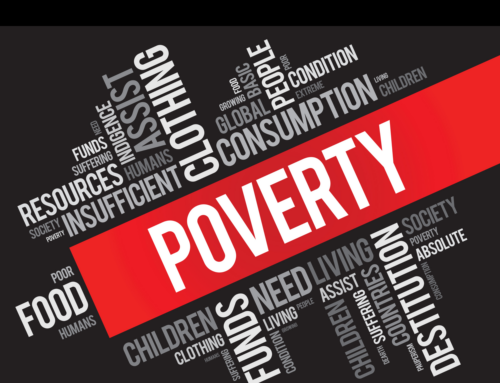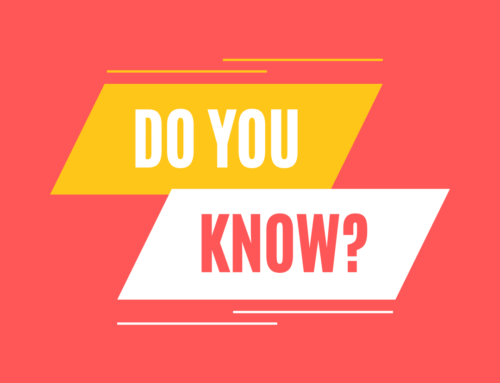According to the International Economic Development Council, economic development is the practice of improving a community’s economic well-being and quality of life. It is a collaborative effort involving industry, government, and myriad community stakeholders focused on improving a community’s competitiveness.
Economic development as a profession has experienced accelerated shifts in recent years. For the past decade, economic development has become increasingly more integrated and interdisciplinary. Conversations around the intersections of workforce development and talent attraction, innovation and entrepreneurship, community development and neighborhood revitalization, and economic inclusion and climate resilience have become more intentional and interconnected.
Economic development professionals are adapting to a rapidly changing economic landscape by embracing innovation, sustainability, collaboration, and inclusivity to drive long-term prosperity and resilience in their communities.
Community and economic development professionals fall into a variety of organizations and roles. These include: businesses, entrepreneurs, developers, chambers of commerce, business associations, community nonprofits, educational institutions, labor leaders, government, neighborhood groups, philanthropic organizations, public–private partnerships, utilities / special authorities, and workforce development organizations.
The core activities of development include: access to capital, creating networks and partnerships, fostering entrepreneurship, neighborhood development, revitalization, small business development, strategic planning, and workforce development.
And the expected outcomes of these activities are to:
- Create high-quality jobs
- Develop vibrant communities
- Improve quality of life
However, the expected outcomes are deterred by the community challenges related to poverty. The determinants of poverty are outlined in the graphic below:

How do the determinants of poverty in a community directly impact development goals? As you think about the goals of development—create high-quality jobs, develop vibrant communities, and improve quality of life—if your community does not have the resources to impact the determinants of poverty, it makes development that much more challenging.
When I worked for the Rockford Area Economic Development Council, we established an Emerging Opportunities Fund. The purpose of the fund was to direct investor dollars to seed projects that would reap benefits for the community in years to come and were specific to our project priorities. Some of these investments were successful and are still going strong today, while others missed the mark but helped to provide us with some great data, grow specific industry clusters, and create additional value in our community.
The projects that were funded included those with a focus on education, those that would create a sense of place in our downtown, and one that was specific to attracting a large aerospace project. Each of these investments contributed to meeting the outcomes of economic development in creating high-quality jobs, developing vibrant communities, and improving quality of life.
A tool that we have found helpful locally is an assessment from the Tamarack Institute that indicates your community’s commitment to poverty reduction. We used the assessment in the following paragraph as a survey on our website that community members could answer, as well as conducting an in-person poll at an event with key community leaders where we showed the results in real time and had deeper conversations about the results.
On a scale of one to five, with one being the lowest and five being the highest, how would you answer the following questions about your community?
- Does your city/community have a poverty-reduction strategy?
- Does your city/community have a neighborhood-based community development plan that addresses poverty?
- Does your city council or local leadership support or lead a citizen-led coalition for poverty reduction?
- Has your city adopted a living wage policy?
- Does your city/community offer affordable and accessible transportation?
- Do citizens in your city/community have affordable access to municipal services, regardless of income?
- Is your city/community implementing or developing a plan to create affordable housing?
- Is your local public health agency/authority addressing poverty as a health issue?
- Are business leaders in your city/community actively working to end poverty?
- On a scale of one to five, how committed is your city/community to ending local poverty?
As you tally up your score, here are some questions to think about: How did your community score? Which areas do you feel need the most attention? Would others in your community answer the same way you did?








